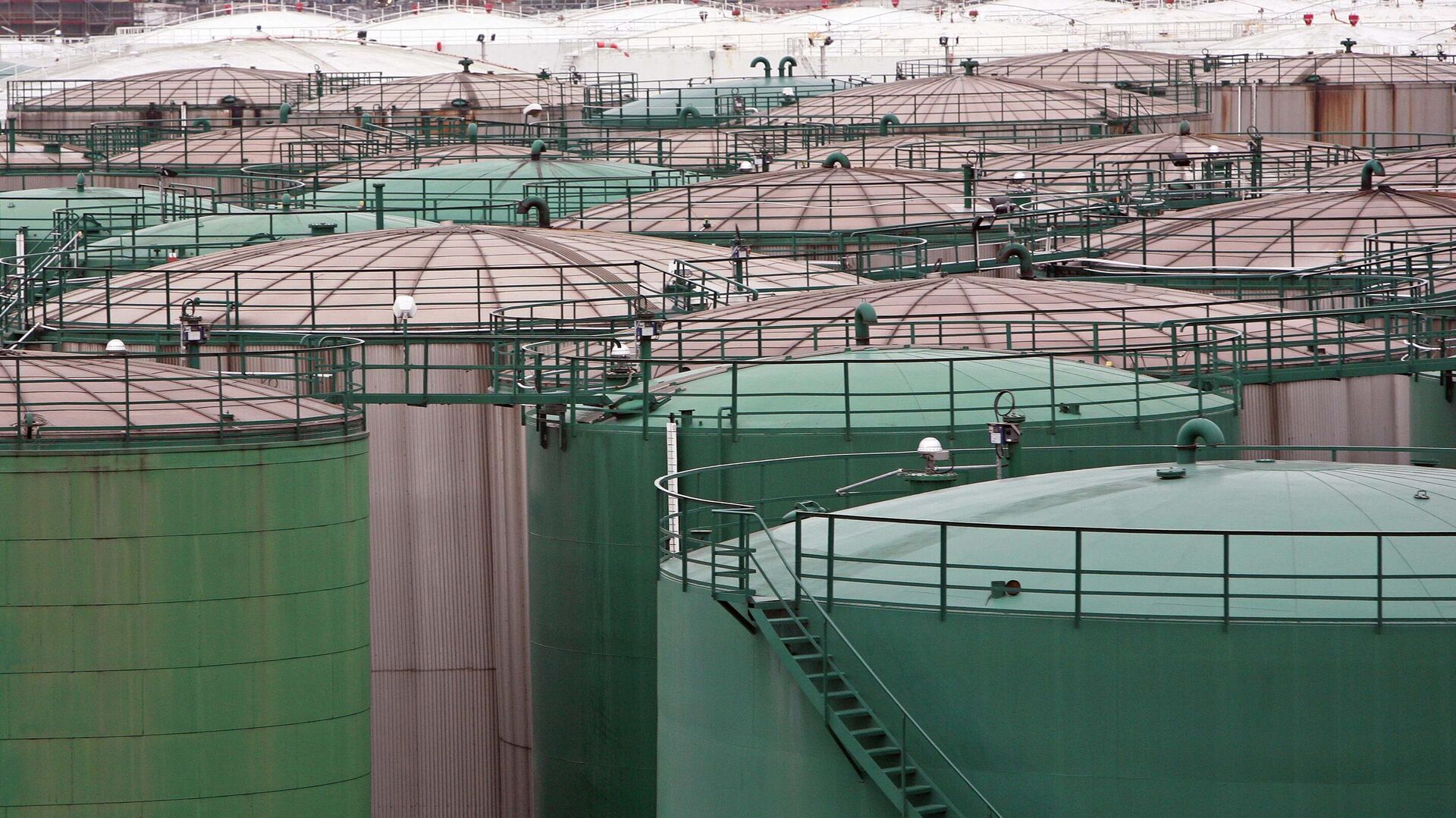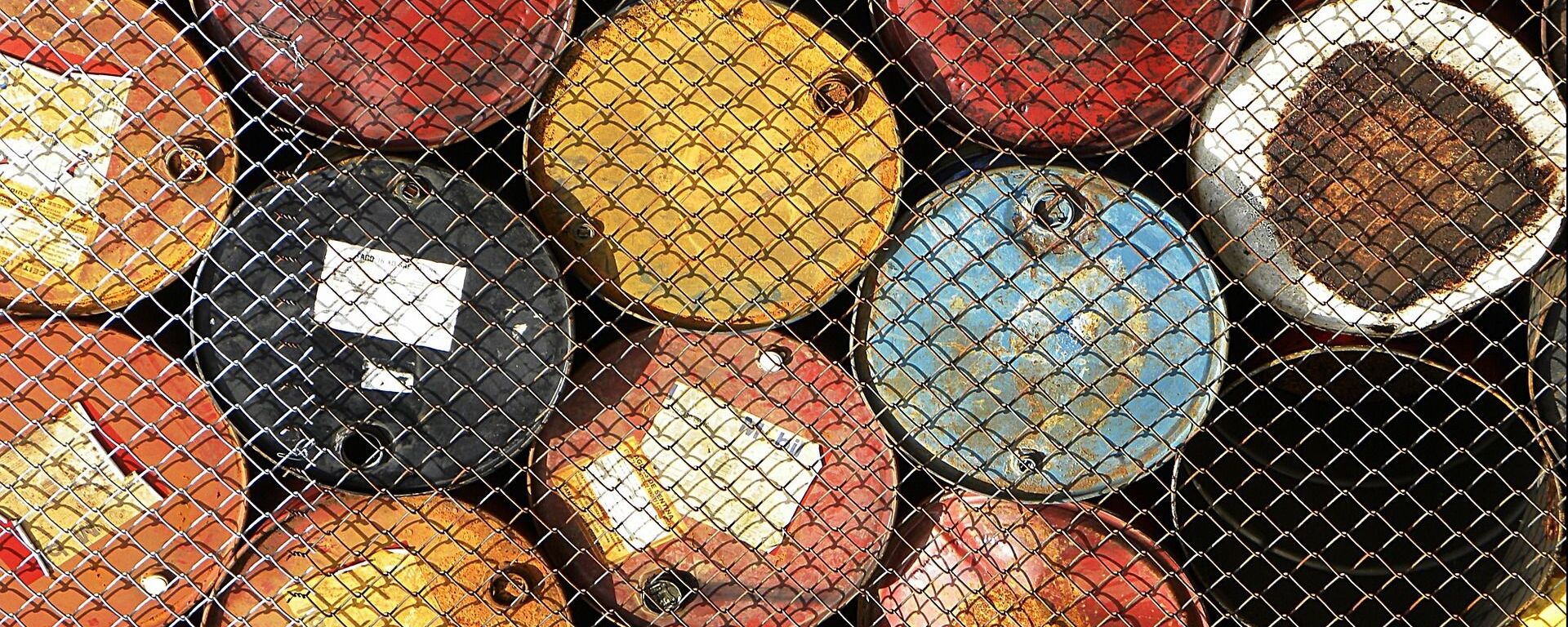Latest US Anti-Russian Energy Sanctions Threaten to Destabilize Global Markets: Here's How
17:15 GMT 11.01.2025 (Updated: 17:32 GMT 11.01.2025)

© AP Photo / Fabian Bimmer
Subscribe
Washington’s latest sanctions on Russian energy companies “represent an attempt to cause at least some damage to the Russian economy, even at the risk of destabilizing world markets on the eve of the end of President Joe Biden’s inglorious tenure in power,” Russia’s Foreign Ministry has announced. What are the move's risks? Sputnik explores.
Failing to secure a “strategic defeat of Moscow” or undermine the Russian economy, the US is ready to “sacrifice” the interests “of both the United States’ European allies, forced to switch to more expensive and unsteady American supplies, and its own population,” the Ministry said in a statement Saturday.
Ordinary Americans’ “views on rising fuel prices, which mattered before the November presidential election, when Russian oil products were purchased through intermediaries, can now be ignored,” Moscow added.
How Can Biden’s Moves Destabilize Markets?
Temporarily interrupting Russian oil supplies, and forcing Russia to find alternative routes, making deliveries more expensive.
As veteran independent financial analyst Tom Luongo told Sputnik on Friday, Russia is simply too big to simply be priced out of the market, meaning any price adjustments will apply to the world market once Moscow adjusts to the new restrictions.

10 January 2025, 19:03 GMT
Russia accounts for some 11% of global crude oil production (10.75 million barrels a day), consuming only 3.68 million bpd. The remainder is exported. Any price bumps caused by sanctions will apply to this 7 million bpd.
Oil prices are already up after the sanctions announcement, WTI by 3.58%, Brent 3.69%, and the OPEC basket 1.13%, according to oilprice.com.
What Do Higher Oil Prices Mean?
Higher prices for gasoline, and if sustained over time, everything that requires gasoline to be transported, from food and household goods to construction materials.
Higher production costs - especially in regions that don’t have a major source of energy of their own – like the EU. The high energy prices the bloc is already paying thanks to the hybrid conflict with Russia in Ukraine has already left it facing recession and deindustrialization rates unseen since WWII.
A lack of available, cost-sustainable energy can also fuel or justify wars of aggression for energy, as the US and NATO-led or backed conflicts in Iraq, Libya and Syria and threats against Iran and Venezuela have shown.
Russia today, my country tomorrow? Targeting a big energy player like Russia can further undermine the petrodollar, making other major producers nervous about trading their crude in the US currency after seeing how arbitrarily Washington can turn the greenback into a weapon.


